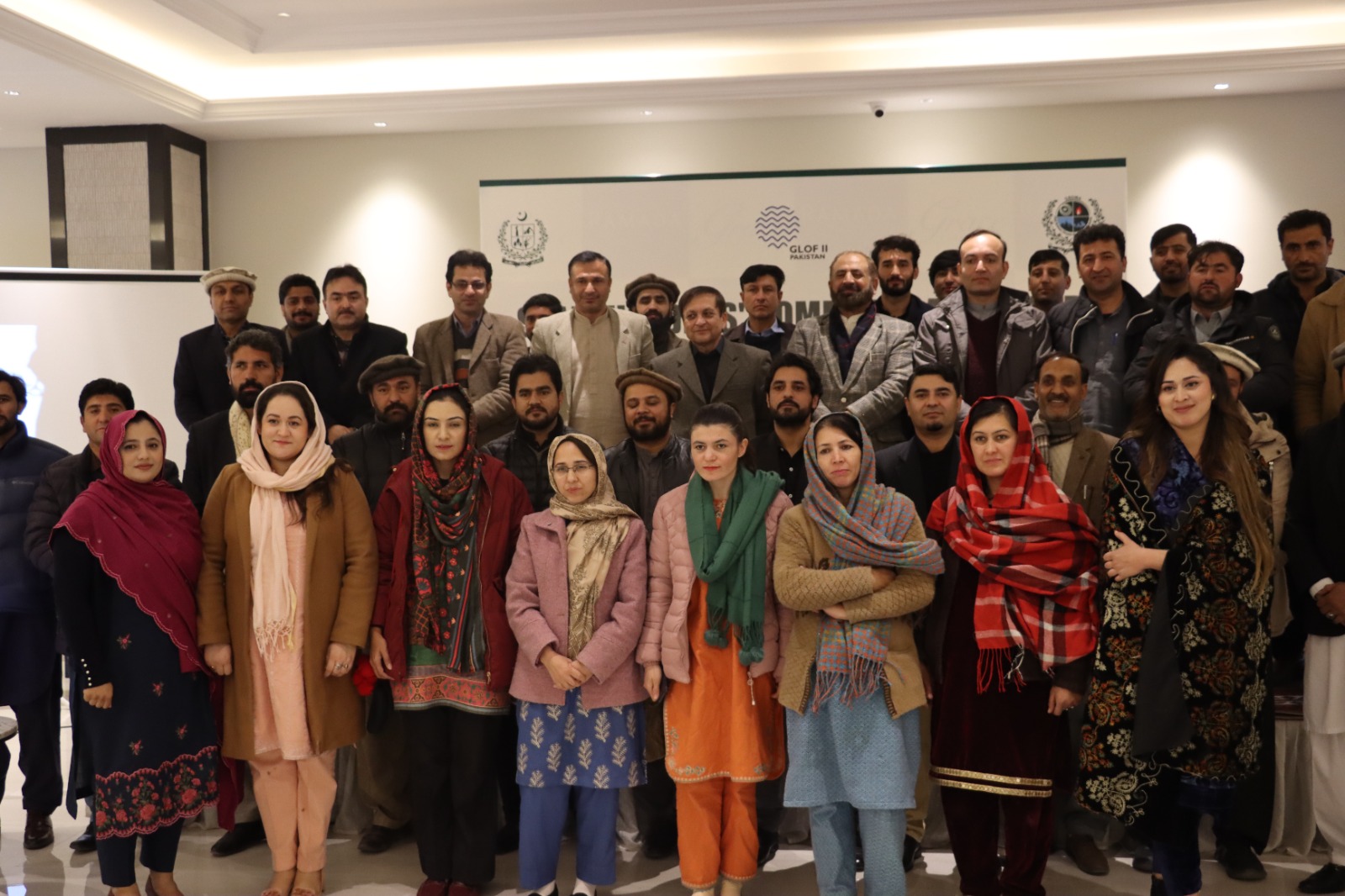By Hasrat Huzoor,
Student of Linguistics and literature, Karakoram International University Gilgit.
Depths of the character Antonio and Today’s Modern Society
Objective:
This exploration aims to study the convoluted character of Antonio in William Shakespeare’s play “The Merchant of Venice” by exploring his own expressions, actions, and interactions with others. I intend to provide a detailed explanation of Antonio’s character and relate this character to today’s modern society and propose considerations for the present day.
Literature, as the mirror of the human experience, plays a critical role in society by fostering empathy and understanding. Through its rich characters, literature illuminates human emotions and challenges societal norms, prompting critical reflection. It serves as a repository of collective wisdom, preserving cultural heritage and transmitting timeless values from one generation to the next. Literature is the catalyst for intellectual growth, inspiring individuals to question, analyze, and envision a more enlightened future. In essence, it is the heartbeat of a vibrant society, pulsating with the rhythm of shared stories that bind us together in our society.
Character analysis:
Antonio, the wealthy Venetian merchant in “The Merchant of Venice,” is introduced as a man deeply immersed in sadness, the roots of which remain ambiguous throughout the play. This emotional state, whether stemming from financial woes, unrequited love, or a pervasive existential discontent, pervades Antonio’s character, shaping his decisions and interactions.
His most visible trait is an unwavering loyalty and generosity, particularly directed towards his friend Bassanio. Antonio’s willingness to jeopardize his own life by borrowing money for Bassanio sets the stage for a narrative that explores the complexities of friendship and self-sacrifice. Beyond his immediate circle, Antonio extends his generosity to Shylock, a Jewish moneylender, without demanding interest, inadvertently sowing the seeds of conflict that intensify the intricacy of his character.
Antonio’s act of self-sacrifice is epitomized in his agreement to a bond with Shylock, pledging a pound of his own flesh as collateral. This profound commitment underscores his loyalty to Bassanio and a readiness to endure personal suffering for the sake of friendship, embodying the essence of a tragic hero.
However, Antonio’s character is not without flaws. His evident disdain for Shylock, influenced by prevailing anti-Semitic sentiments in Venice, adds a layer of tension to the narrative. This disdain, notably showcased in the courtroom scene, plays a pivotal role in the climax of the play, contributing to the overall complexity of Antonio’s relationships.
Antonio’s portrayal as an outsider in Venetian society, marked by his melancholic disposition and religious differences, evokes a sense of isolation. This theme resonates with broader societal issues, adding a profound layer to his character and reflecting the challenges faced by those who deviate from the societal norm.
The resolution of the play unveils Antonio’s capacity for forgiveness. Despite the threat of Shylock’s attempt to extract a pound of flesh, Antonio extends compassion and mercy, standing in stark contrast to the vindictive nature exhibited by some other characters. This act of forgiveness serves as a poignant conclusion, highlighting the depth and complexity of Antonio’s character.
Antonio emerges as a multidimensional character in “The Merchant of Venice,” characterized by a melancholic aura, unwavering loyalty, self-sacrifice, and intricate relationships. His portrayal serves as a vehicle for the exploration of profound themes such as friendship, prejudice, justice, and the intricate facets of human nature.
According to Scholars and Critics:
One aspect of Antonio’s character that demands attention is his melancholy. Scholar A.C. Bradley have delved into the psychological dimensions of Antonio’s melancholy, suggesting it may be rooted in unspoken desires or suppressed emotions. This analysis aligns with the view that Antonio’s melancholy is not merely a narrative device but a window into his inner turmoil.
Scholar Stephen Greenblatt have extensively examined Antonio’s financial dealings, certain facets of his character remain relatively unexplored. Antonio’s seemingly self-destructive behavior and his willingness to engage in a life-altering bond with Shylock without a clear motive warrant further scrutiny. Stanley Wells, recognizing these gaps, acknowledges the complexity of understanding Antonio’s unexplained altruism, leaving room for varied interpretations.
Critic Harold Bloom emphasize the homoerotic undertones of their relationship, suggesting that Antonio’s willingness to sacrifice himself for Bassano may stem from a complex emotional connection. Exploring this interpretation adds layers to Antonio’s character beyond the surface-level portrayal of a devoted friend.
Antonio and todays modern society:
Antonio’s willingness to assume significant personal risk by borrowing money for the benefit of his friend Bassanio serves as a poignant reflection of the financial challenges and sacrifices prevalent in contemporary society. In an era marked by economic uncertainties, Antonio’s character becomes a relatable emblem for those navigating financial pressures, showcasing the profound lengths individuals may go to secure the well-being of their loved ones.
The unwavering loyalty that Antonio exhibits towards Bassanio underscores the enduring importance of friendship in the modern world. In a societal landscape often dominated by individualism, Antonio’s readiness to jeopardize his own welfare for the sake of a friend serves as a compelling reminder of the timeless value inherent in genuine and selfless connections.
Antonio’s contempt for Shylock, fueled by anti-Semitic attitudes, draws stark parallels to the persistent issues of prejudice and discrimination in contemporary society. His biases exemplify the challenges faced by marginalized individuals encountering discrimination based on factors such as race, religion, or ethnicity, bringing to light the enduring struggle for equality and acceptance.
The ambiguity surrounding Antonio’s relationships invites contemplation of the complexities associated with identity and societal acceptance. In a modern context, his struggles with societal expectation, find resonance in ongoing dialogues about diverse identities and the continuous pursuit of acknowledgment and understanding.
The courtroom scene, where Antonio faces the repercussions of his bond with Shylock, mirrors the intricate legal and ethical dilemmas present in today’s legal landscapes. Issues concerning justice, mercy, and the delicate balance between the rigid interpretation of the law and moral considerations remain pertinent and continue to shape contemporary legal discussions.
Antonio’s self-sacrifice and dedication to the well-being of others prompt observation on the delicate equilibrium between individual pursuits and communal welfare. In a society often fixated on personal success, Antonio’s character encourages reflection on the significance of collective responsibility and the profound impact of personal choices on the broader community.
Antonio’s melancholic disposition and sense of isolation resonate with modern discussions around mental health. His struggles with sadness and feelings of being an outsider reflect contemporary conversations emphasizing the importance of mental well-being and the inherent challenges of navigating complex emotions in today’s fast-paced and often isolating world.
In linking Antonio to the fabric of modern society, “The Merchant of Venice” serves as a mirror reflecting enduring human experiences, societal complexities, and ethical quandaries that transcend secular boundaries. Antonio’s character emerges as a powerful lens through which to scrutinize universal themes, offering insights that echo through the corridors of time and resonate with the intricate fabric of the human condition.
Conclusion:
In conclusion, Antonio emerges as a character of profound complexity, marked by internal conflicts and undiscovered motivations. His financial dealings, and relationships provide a rich shade for analysis. Antonio’s character resonates with contemporary audiences as individuals grapple with societal expectations, financial pressures, and internal struggles.
To navigate the challenges of our time, it is imperative to recognize and address the underlying issues contributing to personal and societal conflicts. Antonio’s narrative serves as a remembrance of the importance of introspection, genuine connections, and understanding the impact of one’s actions on others. In our present-day context, fostering empathy, dismantling cultural and religious barriers, and promoting open dialogue can contribute to a more harmonious society.
Reflecting on Antonio’s character underscores that, despite the centuries that separate us, the human experience remains fundamentally connected. Shakespeare’s exploration of Antonio’s complexities encourages us to ponder our own motivations, relationships, and societal responsibilities, prompting a thoughtful review of what it means to be human.
 Daily Mountain Gilgit Baltistan News Website News website of Daily Mountain Gilgit Baltistan
Daily Mountain Gilgit Baltistan News Website News website of Daily Mountain Gilgit Baltistan




